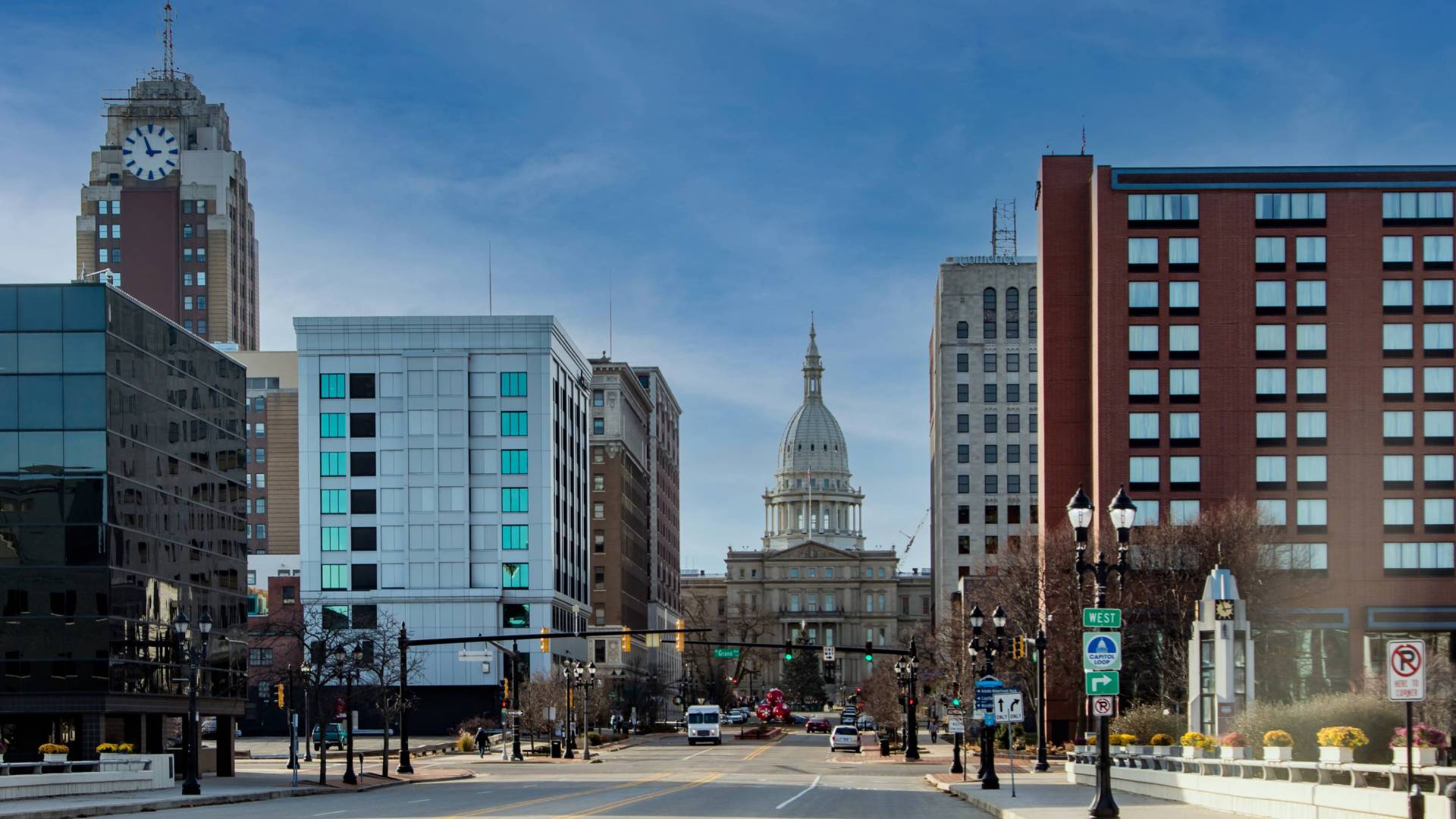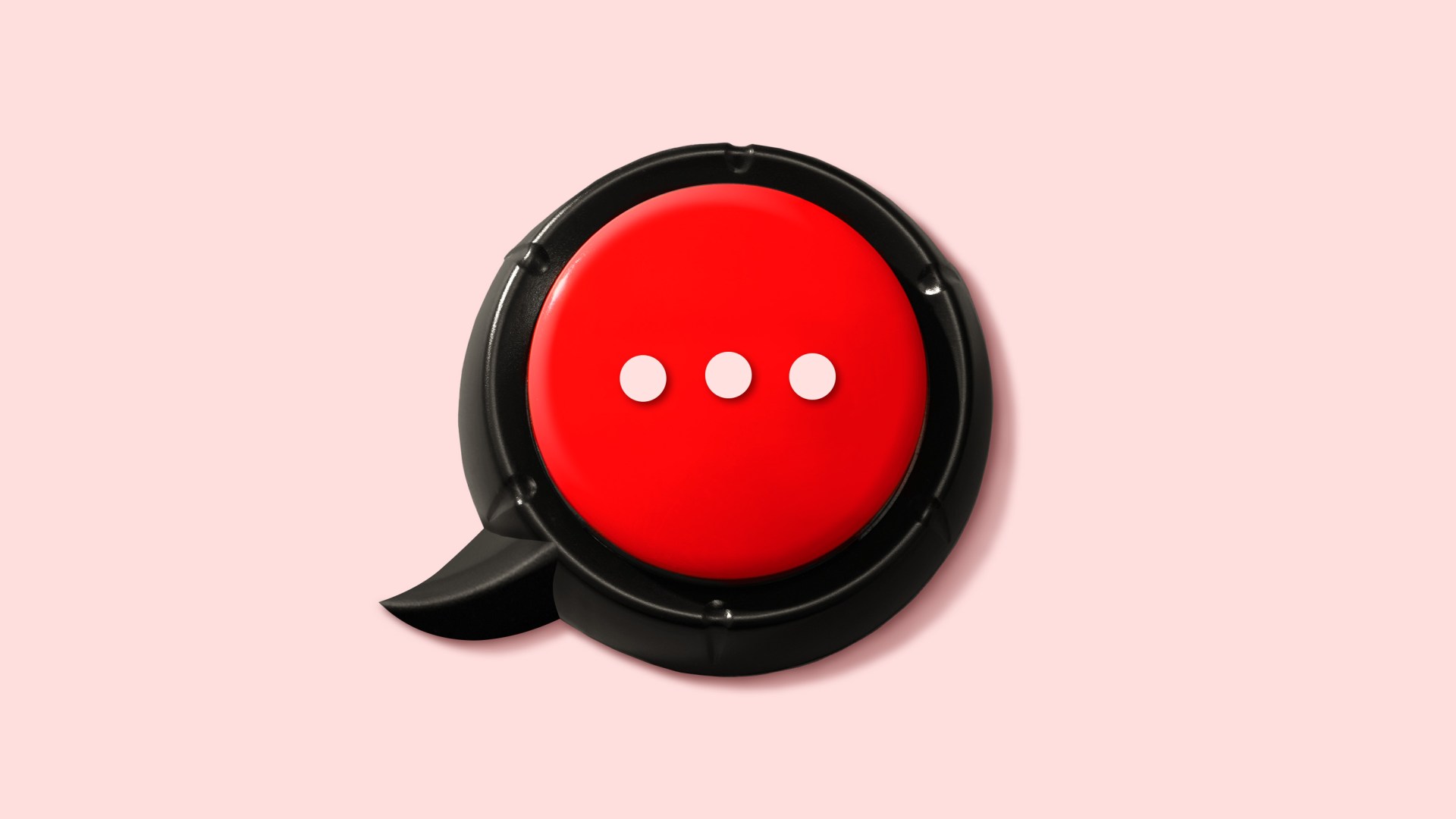During the first presidential debate between former president Donald Trump and vice president Kamala Harris, both candidates spent a few minutes discussing abortion policy, yet pro-life Christians didn’t get the conviction or clarity they were hoping to hear.
Trump twice declined to give a clear answer on whether he would veto a federal abortion ban should Congress pass one and reiterated that he believes abortion restrictions are best left to the states. Meanwhile, Harris said she would recodify Roe v. Wade if it came to her desk and didn’t say whether she supported any restrictions on abortion at all.
Trump appointed three of the US Supreme Court justices who overturned Roe v. Wade in the Dobbs v. Jackson Women’s Health Organization ruling in 2022. During the debate, he referred to the justices’ “genius and heart and strength” and “courage” in the Dobbs decision.
He defended the move as something the majority of Americans wanted—to be able to vote on the issue themselves state by state.
“It’s a horrible place to plant your flag:, ‘Life is a state’s rights issue.’ No, it isn’t,” said Ryan Bomberger, founder of the conservative pro-life organization The Radiance Foundation. “Should civil rights have been a state’s rights issue? Because when that happened, it didn’t go well.”
Bomberger plans on voting for Trump but also said that seeing Republicans retreat on life has been “devastating.”
The discussion during this week’s debate reflected how pro-lifers have found their convictions on the sanctity of life sidelined by both major parties, with Republicans under Trump backing away from what has been a core voting issue for religious conservatives and Democrats doubling down on the right to abortion.
Trump didn’t voice any specific pro-life positions other than opposing abortion in the third trimester. He also sought to highlight Democrats’ extremism on abortion, accusing them of supporting “execution after birth” of babies.
Trump’s answer on a national abortion ban led to a back-and-forth with the moderator.
“If I could just get a yes or no, because your running mate, J. D. Vance, has said that you would veto if it did come to your desk,” ABC News moderator Linsey Davis asked, referencing a hypothetical national abortion ban. Getting such a bill over the finish line would require Republicans to control both chambers of Congress.
“I didn’t discuss it with J. D., in all fairness,” Trump said, then said that Vance might have a different view of the issue. Trump had previously also implied he wouldn’t sign a bill banning abortion nationwide.
“We’re headed back to this space where social conservatives aren’t sure what deal they’re getting with Donald Trump,” John Shelton, policy director for former vice president Mike Pence’s foundation, Advancing American Freedom, told CT.
Trump’s move toward the political center on abortion—or failure to speak with clarity about his position—means there is less of a contrast between the two parties when it comes to life.
“A lot of people are dispirited, demotivated,” Shelton said. Yet, “ultimately, you don’t necessarily have to trust that Trump is going to be great on this. You can just trust that Harris will be worse.”
On the debate stage, Trump said that bringing up whether Harris would sign a bill to codify abortion rights was a waste of time, since such a bill would require Democratic majorities in both chambers of Congress. “We don’t have to discuss it, because she’d never be able to get it,” he added.
Harris clarified that, should Congress pass a bill codifying a constitutional right to an abortion similar to Roe v. Wade while she was in office, she would sign it. She also came out swinging against states that have restricted or banned abortion.
Some Christian pro-life leaders pushed back on how Harris brought faith into her responses, referencing couples who “pray and dream” of building a family with reproductive assistance and suggesting that religious beliefs can align with abortion protections.
She emphasized the difficult position women are put in when they seek abortions and claimed, “One does not have to abandon their faith or deeply held beliefs to agree that the government, and Donald Trump, certainly, should not be telling a woman what to do with her body.”
Harris declined to give any specific limitations she would support on abortion and expressed incredulity that abortions at nine months occur. “Nowhere in America is a woman carrying a pregnancy to term and asking for an abortion,” she said. “That isn’t happening; it’s insulting to the women of America.”
Trump referenced controversial comments by a former Virginia governor on third-trimester abortions. The majority of abortions take place in the first trimester (93%) with 6 percent occurring between 14 and 20 weeks and 1 percent performed at or after 21 weeks, according to Pew Research Center. The United States is one of a handful of countries that allows elective abortion past 20 weeks.
Since the Dobbs decision, a number of states have loosened restrictions or voted against placing more restrictions on abortion, including in Kentucky, Ohio, and Kansas, leading some politicians and strategists to blame these electoral losses on a backlash to Dobbs and the GOP’s overall position on abortion. Since then, national Republicans have sought to back away from the issue.
Currently, 63 percent of Americans say that abortion should be legal in all or most cases, according to the Pew Research Center. In contrast to other religious groups, a majority of white evangelicals oppose abortion, with 73 percent holding it should be illegal in all or most cases.
In July, the Republican Party watered down its previous position on abortion. It scrapped language that called for a national abortion ban, instead punting the issue to the states.
“I have to admit I have serious scruples following the number of shifts in the GOP platform and the general messaging that has pretty overtly abandoned pro-lifers and social conservatives,” said Marlo Slayback, director of programs for the Intercollegiate Studies Institute. She said some are optimistic that Trump might reverse course once elected, but others aren’t convinced.
“They fear this will mark the inflection point of the GOP that historically stood by the pro-life cause, that the pro-life issue and even other issues important to social conservatives, like traditional marriage, will be abandoned in a misguided effort to win elections as Americans adopt more liberal views on these issues,” Slayback, a young Catholic mom who describes herself as a single-issue voter on abortion and life issues, told CT.
Overall, committed pro-life voters are unsatisfied with the lack of urgency around abortion. Ethics and Public Policy Center fellow and Southern Baptist Theological Seminary professor Andrew Walker told Politico that he knows “not a small number” of conservative evangelicals who are not going to vote for Trump over the issue.
“Former President Donald Trump no longer has a convincing case for why pro-lifers should vote for him,” bioethics professor Charles Camosy, who is Catholic, wrote for The Atlantic.
Abortion will be on the ballot in ten states this November: Arizona, Colorado, Florida, Maryland, Missouri, Montana, Nebraska, Nevada, New York, and South Dakota.
In most cases, the ballot initiatives would amend the constitution in these states to remove or ease restrictions on abortion. Nebraska is an exception: Voters will consider dueling ballot initiatives, one that allows abortion up until fetal viability and another that would leave the state’s 12-week ban in place and continue to ban abortion in the second or third trimesters, with some exceptions. The amendment that gets the most votes will be implemented.
One of those states is Trump’s current state of residence. He had previously criticized Florida GOP Gov. Ron DeSantis for the state’s current abortion policy, which limits abortion after six weeks, as “too short” and a “terrible mistake.” When asked about how Trump would vote on a state referendum that would codify access to abortion, the former president said he would “be voting that we need more than six weeks.” Later, he clarified that would not vote for Florida’s initiative.
After criticizing Trump’s shifting stances on abortion, Live Action founder Lila Rose, an evangelical-turned-Catholic activist, said she hoped Trump would change his mind and earn back pro-lifers’ votes. During the debate, she wrote on X that she was glad Trump didn’t confirm Vance’s remark that he’d veto a national ban.
Other evangelical leaders predicted that despite their concerns on the issue, religious conservatives would come home to the former president when it comes time to vote.
Franklin Graham, son of the late evangelist Billy Graham, told Religion News Service that Trump’s track record on abortion outweighs his rhetoric this election cycle: “While his position on abortion may not be as absolute as some would hope, it doesn’t change the fact that he has been the most pro-life president in my lifetime and is the only pro-life presidential candidate on the ballot this election.”
Faith & Freedom Coalition head Ralph Reed said that evangelical support for Trump won’t waver because of Harris’s “extreme” positions on abortion.
Isaac Willour, a conservative commentator, analyst for Bowyer Research, and Pennsylvania voter, told CT he only expects defections if a second Trump administration actually expands “reproductive rights” and abortion access.
“I think a large swath of the pro-life movement doesn’t follow the ins and outs of everything that Trump’s been saying the past four weeks,” he said. “If he wins and then governs in the way that Trump who showed up to the March for Life would … I think the pro-life movement will welcome him back with open arms.”

























































